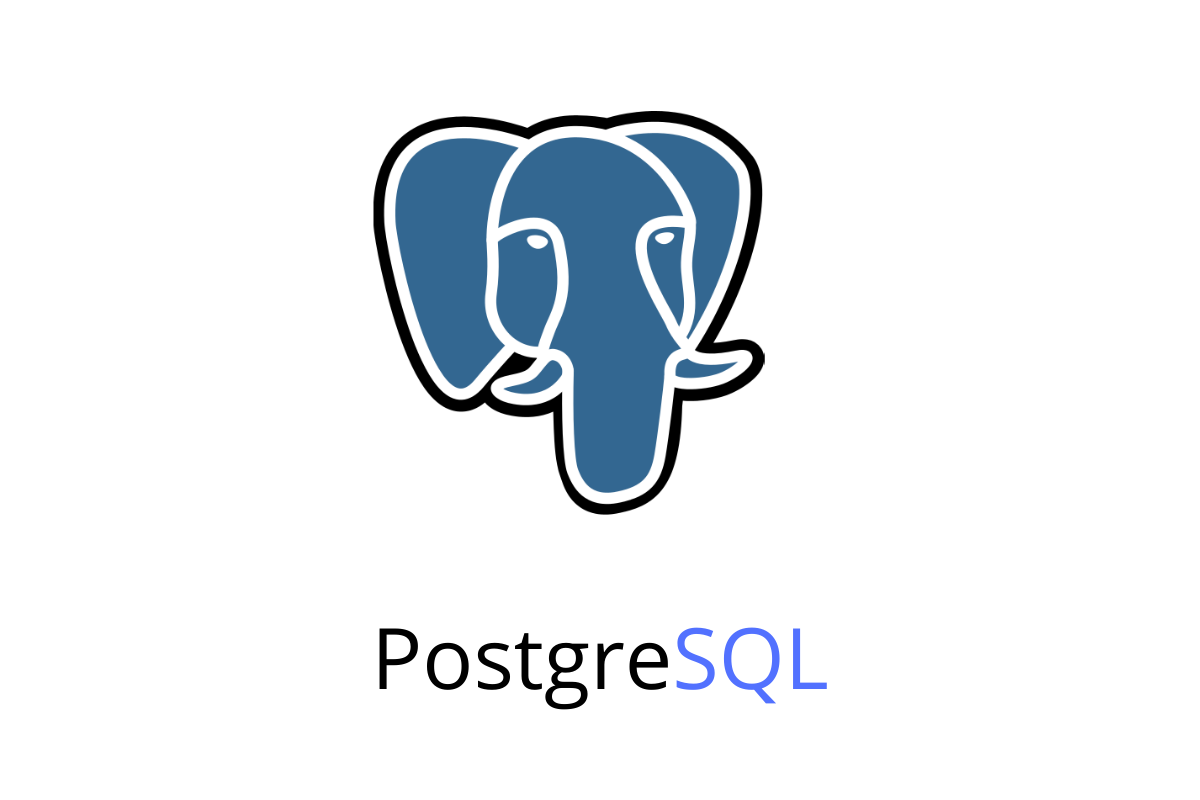- Anybody can ask a question
- Anybody can answer
- The best answers are voted up and rise to the top
The Pros and Cons of PostgreSQL Database Management

It is common practice to employ PostgreSQL as the backend for websites' databases, making it one of the many popular free databases. Users are able to handle both organized and unstructured data with this early iteration of database management software, which was one of the first of its kind to be produced. It is also possible to use it on virtually all of the major platforms, including those that are based on Linux, and the application makes it quite easy to import information from different kinds of databases. This database management engine is capable of being hosted in a variety of settings, including virtual, physical, and cloud-based settings respectively. PostgreSQL 15.1 is the most recent release, and it comes with a number of new and improved features, including expanded compression options, support for structured server log output in JSON format, and more (especially in-memory and on-disk sorting). Organizations with a restricted budget who want the option to customize their interface and use JSON are the perfect candidates for this solution.

-
Open source
-
The capacity of this database management engine is very scalable
-
Largely consistent with the requirements of the SQL standard
-
It is possible to process complex data types (e.g. geographical data)
-
Full text searches that are flexible
-
You can create your own functions, triggers, data formats, etc
-
Cross-platform
-
Supports JSON

-
Documentation is scarce, so you may need to seek online to figure out how to perform anything
-
Problems with configuration are common
-
Large bulk operations or read queries may slow down the processing time
